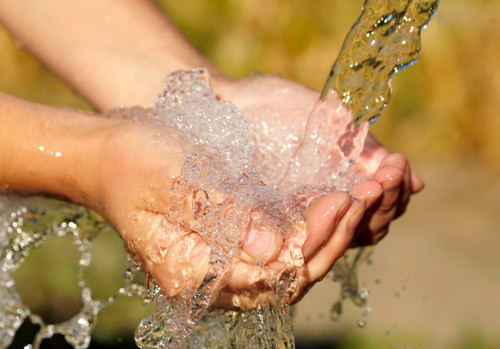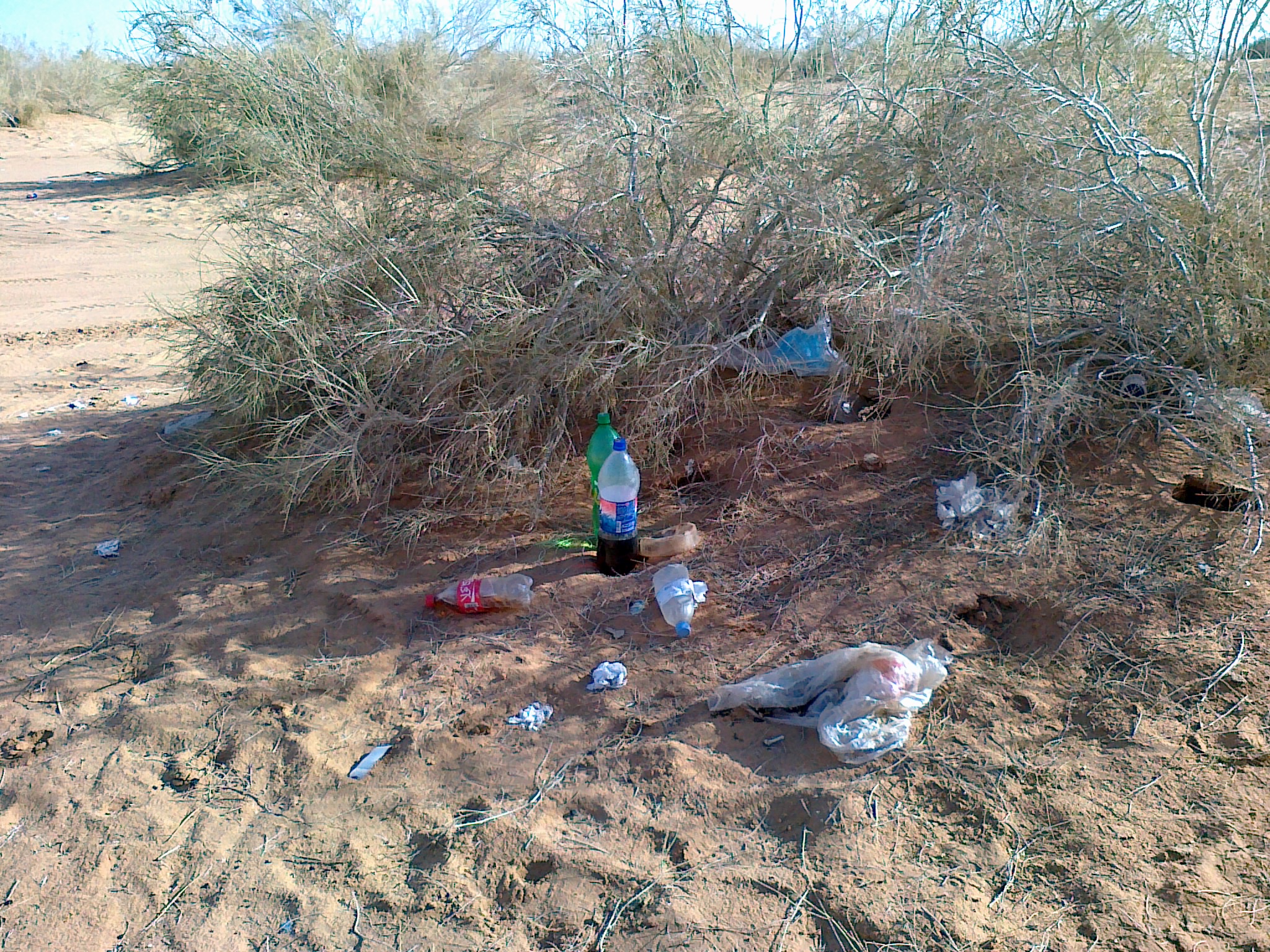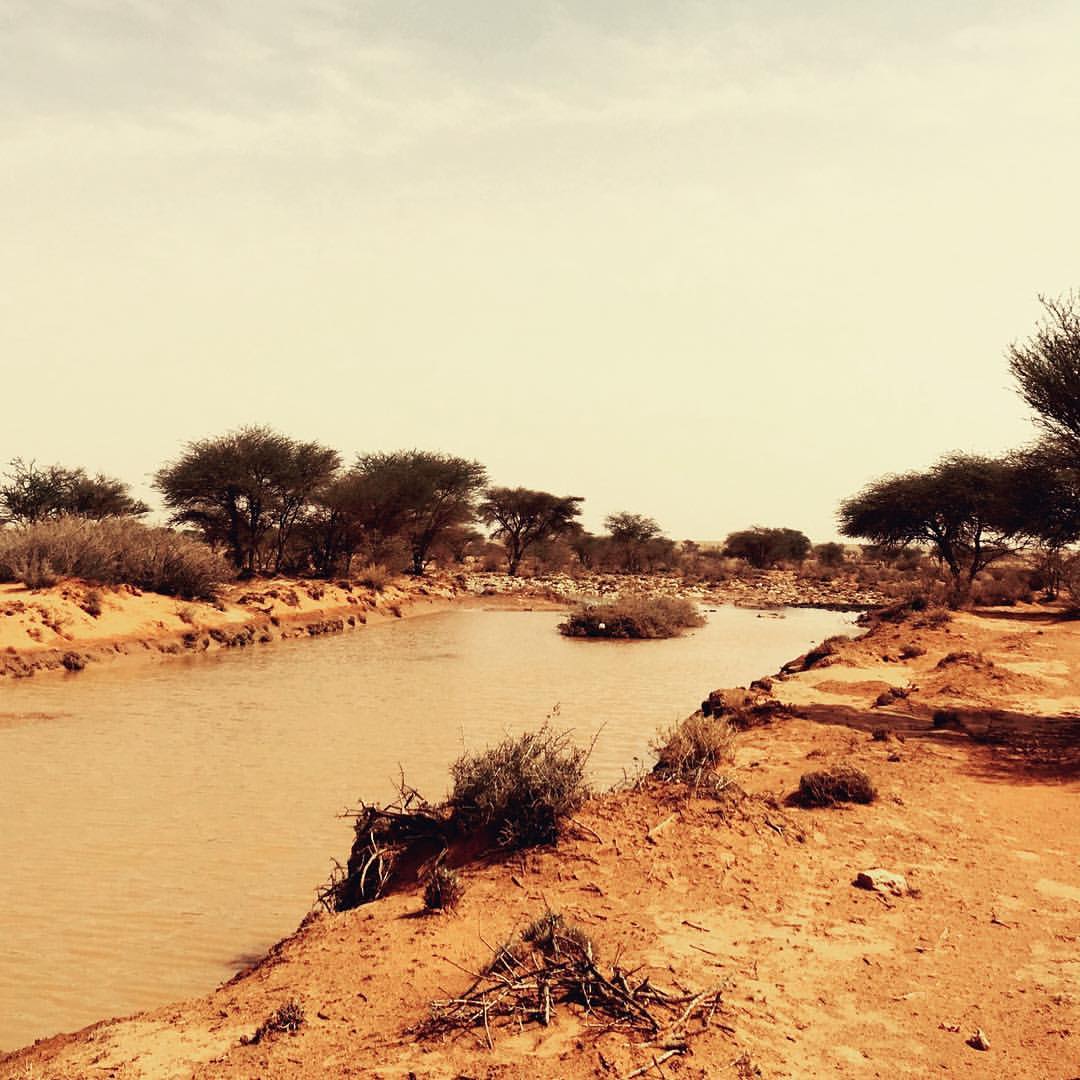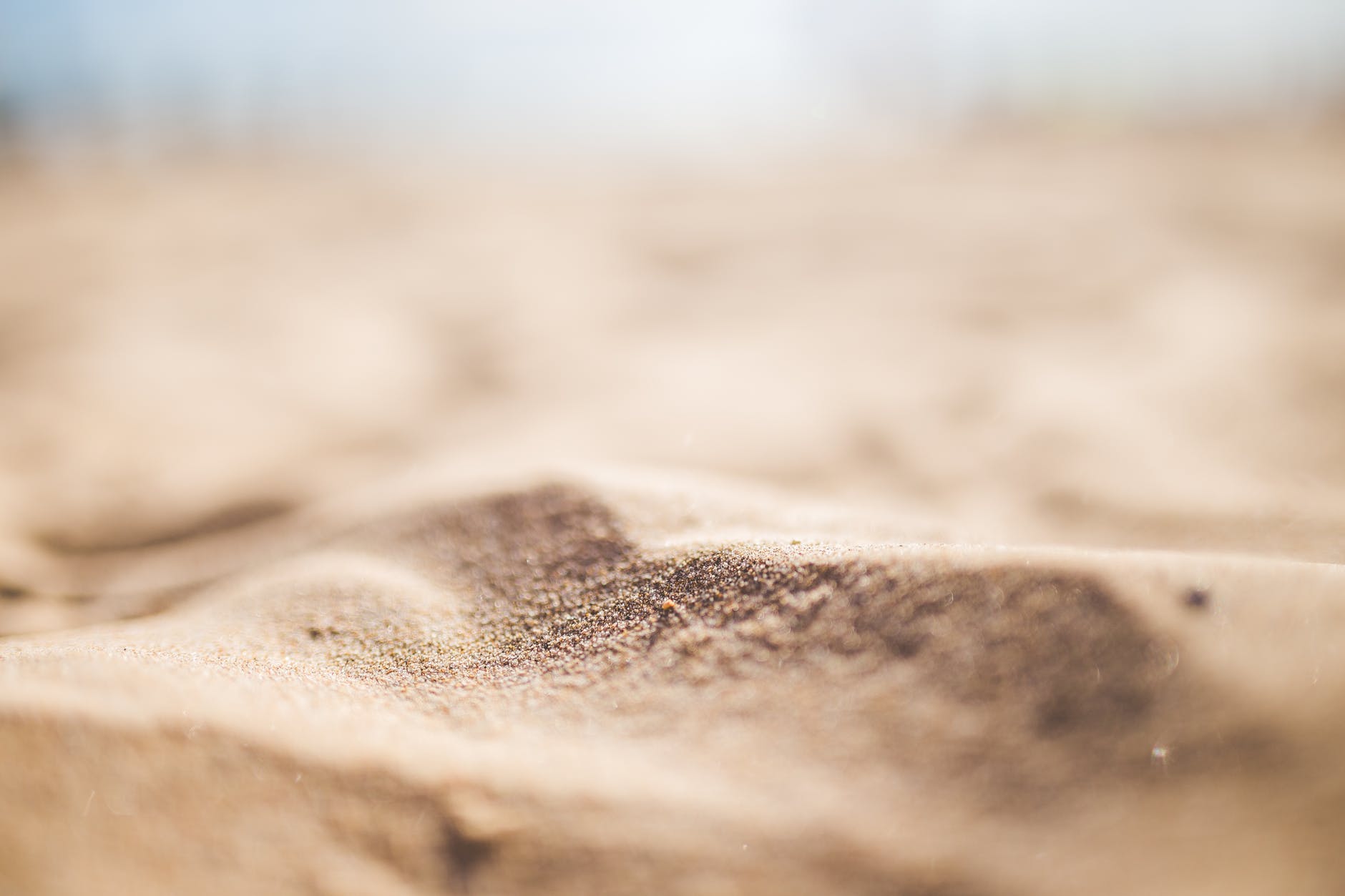Current Section: model

Lesson Journeys and Purification
During journeys, a person faces a lot of changes from what he is used to while he is at home, and things are available to him. Abu Hurayrah (nmay Allah be pleased with him) reported that Prophet ﷺ said: «Travelling is a portion of the torment. It denies you your sleep, food, and drink. You should hurry back to your family when you have accomplished your purpose.» (AL-Bukhari, 1804, 3001, 5429. Muslim, 1927) It is necessary for the one who travels to learn several issues about purification. Some of those issues are as follows:

It is forbidden to leave places with litter and dirt that other people use to sit in, such as places of shade, trees, etc.

Scholars have mentioned that when someone is out in the wilderness and wants to relieve himself, he should find a soft place to avoid getting soiled by his urine splashing back at him. Therefore hard ground should be avoided and windy areas.

Maintaining your privacy when relieving yourself.
Your privacy must be maintained from other people while relieving yourself. Either by way of a barrier or being far away from people. This is due to the narration of Al-Mughirah Bin Shu'bah, who said: I was with the Prophet ﷺ during a journey, and he said: «O Mugirah! Take the waterskin.» He then went out until he disappeared from me and relieved himself. (Al-Bukhari, 363, Muslim, 274). In another narration, it is mentioned: Whenever he wanted to relieve himself, he would go out away from people. (Musnad Ahmed, 15660).
In the narration of Abdullah Bin Ja'far, it is mentioned that the Prophet ﷺ liked the concealment provided by a lofty place or a cluster of dates (while answering the call of nature). (Muslim, 342) in another narration, it is mentioned: "He used to raise his garment only when he was close to sitting down when he wanted to relieve himself." ( Abu Dawud, 14). That is because it is better for concealment.
Dry ablution is a form of self-purification in order to pray when no water is available. Or there is an inability to use it. Its description is as follows: A person strikes the dust on the ground with both hands, then he wipes his face with both hands. Then he wipes his right palm with his left hand and vice versa.

A Muslim must perform dry ablution more so while traveling than staying home. The reason is that circumstances permitting performing dry ablution occur more often, such as no water availability or scarcity of water needed for drinking, etc.
Or there is severe difficulty in making ablution with water such as icy water or some illness. This occurs on journeys very often. The intent behind cold is whatever causes difficulty for a person, wherein the person fears falling ill or affliction. As for the usual cold, then this is not a legitimate reason (to perform dry ablution).
This is what is legislated when water is not nearby and cannot be brought in when it is not available, or it cannot be heated if it's cold.
Wiping over socks: It is when socks (made from leather) are worn or regular socks that cover the feet entirely while a person is in a state of purity from minor or major impurities. Then when he makes ablution and wipes his head, he does not have to remove his socks to wash them; instead, he wipes over the socks on top of his feet.
For the wiping to be valid, the following conditions must be met: the socks must be clean. Also, the socks must cover the entire feet and are worn after complete ablution in which the feet are washed. Then a person can wipe over them. If the socks are left on, they can be wiped over for the non-traveler one day and night—three days and three nights for the traveler.
The socks must be removed once the time limit is over, and ablution has to be made again. If ghusl (bathing) is required from sexual impurity, for example, or the socks were worn without being in a state of purity, then complete purification must occur, including washing the feet.


